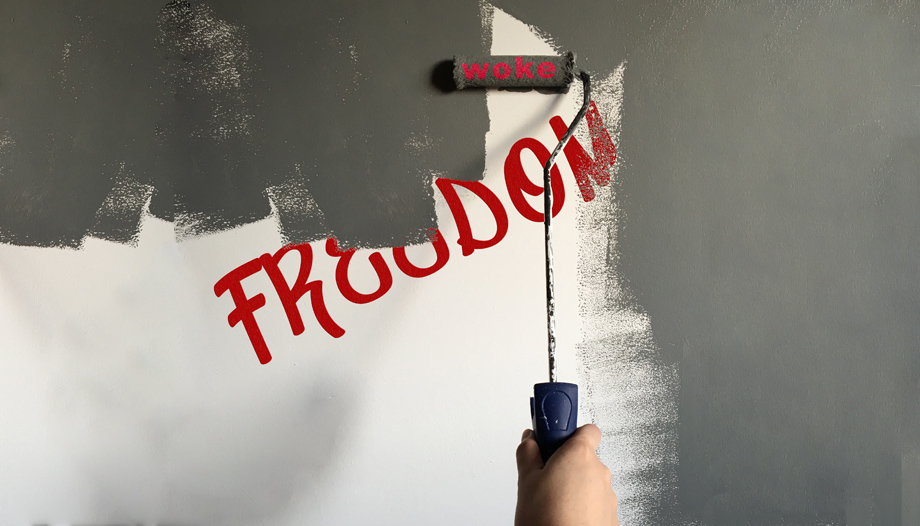I have come across a book by a French philosopher and politician, François-Xavier Bellamy, in which he analyzes the situation of today's young people, focusing on why it is urgent to transmit culture to the new generations. The title of the book is suggestive: ‘The disinherited'..
I have collected a few paragraphs in which he analyzes the initial situation:
In our Western societies, a unique phenomenon is taking place, an unprecedented rupture: a generation desists from transmitting to the next generation what it should give it, that is, all the knowledge, the points of reference, the immemorial human experience that constitutes its inheritance. This is a deliberate, even explicit (...)
We have lost the sense of culture. For us it is now, at best, a useless luxury; or worse, a heavy and uncomfortable baggage. Of course we still visit museums, go to the movies, listen to music; in this sense, we have not moved away from culture. But we are no longer interested in it except in the form of a superficial distraction, an intelligent pleasure or a decorative recreation. (...)
Today, young people are destitute of all that we have not transmitted to them, of all the richness of this culture that, to a great extent, they no longer understand. (...) We wanted to denounce the inheritances; we have made disinherited people.
François_Xavier Bellamy, The Disinherited
The thesis of the book, written for France, is something that we can also see in our country. It has a lot to do with the movement woke that is present all over the world and that we have witnessed symbolically with the removal of sculptures of key personalities of Western history, because they are not in the ideas that today we define as politically correct.
It is true, there is a rereading of the past, but above all there is a vision that the only valid parameter is that of the vision of culture and ethics marked by current cultural currents. And, following the same old revolutionary scheme as always, they advocate the Adamist proposal that everything begins with them, that we must cut with all the past as a burden and leave it behind. They tell us that we are living the year zero of the new era of Humanity. The new man is born and we have buried the old one. It has all its tinge of new messianism, of alternative to Christianity.
This has consequences that we cannot yet imagine. Until now, society's survival was based on the transmission of its legacy to future generations. The family was the first in charge of transmitting a whole scheme of values and beliefs on which to base life.
At the social level, this function was largely entrusted to the school institution. But both in the family and in the school, we see great difficulties in transmitting these roots. And Christian families who have taken their children to Catholic schools, who have sought out leisure and Church formation groups for them, ask themselves with a certain bitterness where they have failed, because in the end their children have not accepted the legacy they wanted to transmit. Surely this situation is not strange to us.
That great pope and thinker Benedict XVI spoke a few years ago of what he called the 'educational emergency' and referred to this social situation.
There is talk of a great "educational emergency", of the growing difficulty in transmitting to the new generations the fundamental values of existence and correct behavior. An unavoidable emergency: in a society and in a culture that too often have relativism as their creed, the light of truth is missing, indeed, it is considered dangerous to speak of truth.
This is why education tends to be reduced to the transmission of certain skills or abilities to do, while seeking to satisfy the desire for happiness of the new generations by filling them with objects of consumption and ephemeral gratifications.
Letter of Benedict XVI to the Diocese of Rome,
January 21, 2008
Pope Francis also speaks to us in Christus vivit of the risk that it is for young people to grow up without roots, without reference points. He insists on the need to unite these two generations, the old and the young, in order to sail towards a future with hope. The young and the old are in the boat. The young man rows with his vigor, the old man looks out over the horizon and helps us with his wisdom to steer the fragile boat of our life.
Pastors and philosophers warn us of the drift of our society. This is undoubtedly a consequence of the profound crisis we are experiencing in this bend of history in which one era, Modernity, is coming to an end and we are opening up to a new one that we are still largely unaware of, but which is already here.
It is worth asking ourselves to what extent we are affected by these dynamics. It would be naïve to think that we can live in a bubble, in a parallel world in which all this does not affect us. For the sake of our children and for the good of society, we must take this challenge very seriously.
We have to work consciously and systematically to maintain the legacy of our culture, of the anthropological vision, of the sense of history that has constituted us.
We have to pass on the inheritance we once received to our children. An inheritance and a heritage that is a true treasure.
Teaching Delegate in the Diocese of Getafe since the 2010-2011 academic year, he has previously exercised this service in the Archbishopric of Pamplona and Tudela, for seven years (2003-2009). He currently combines this work with his dedication to youth ministry directing the Public Association of the Faithful 'Milicia de Santa Maria' and the educational association 'VEN Y VERÁS. EDUCATION', of which he is President.











